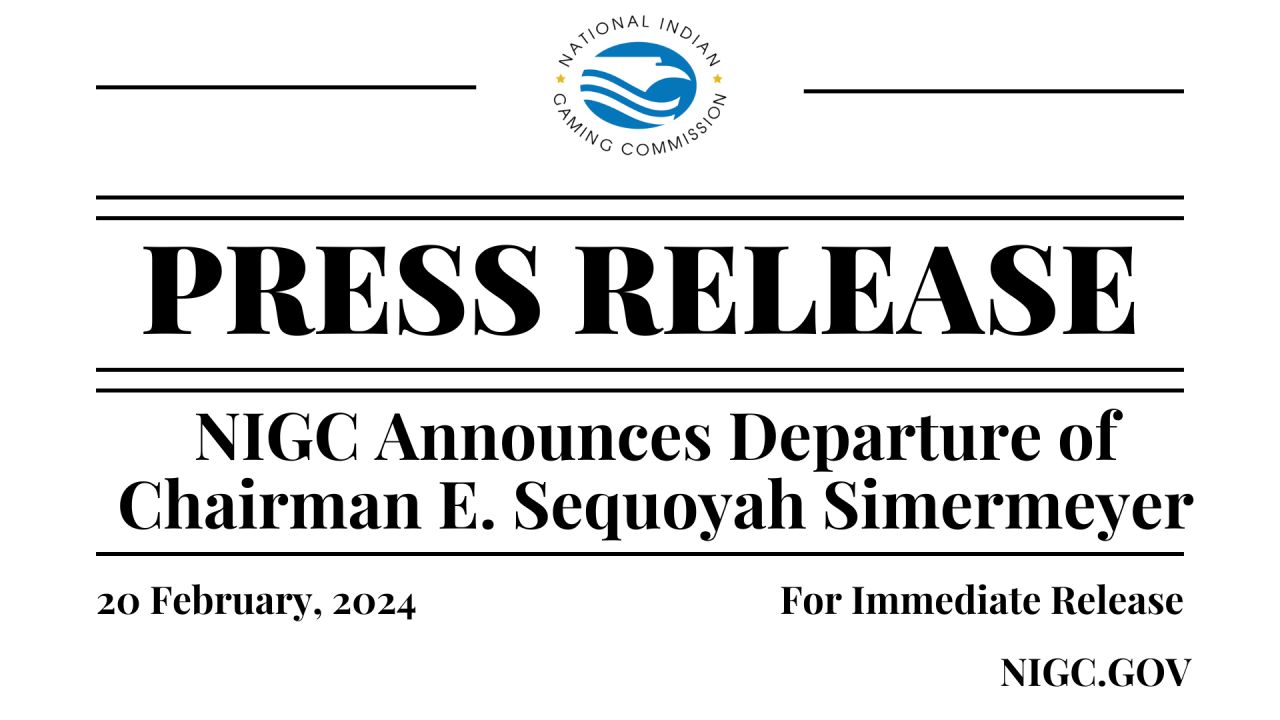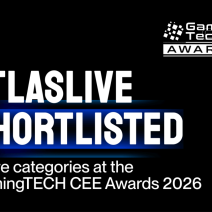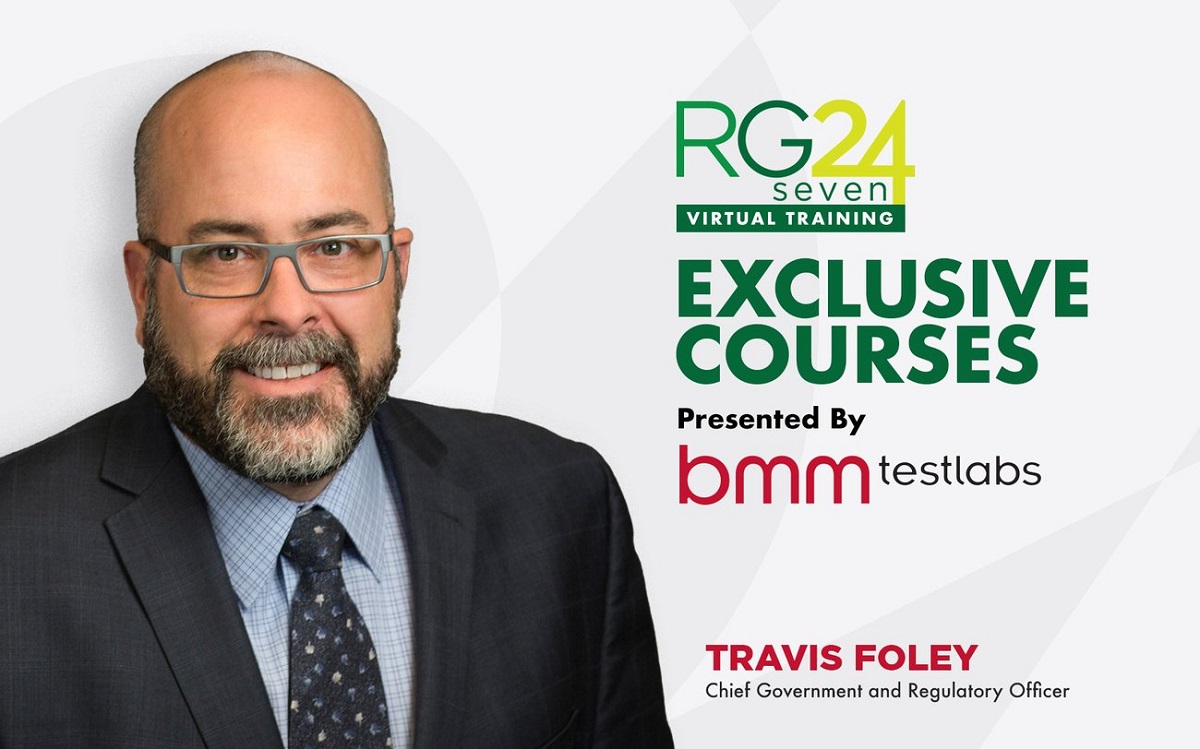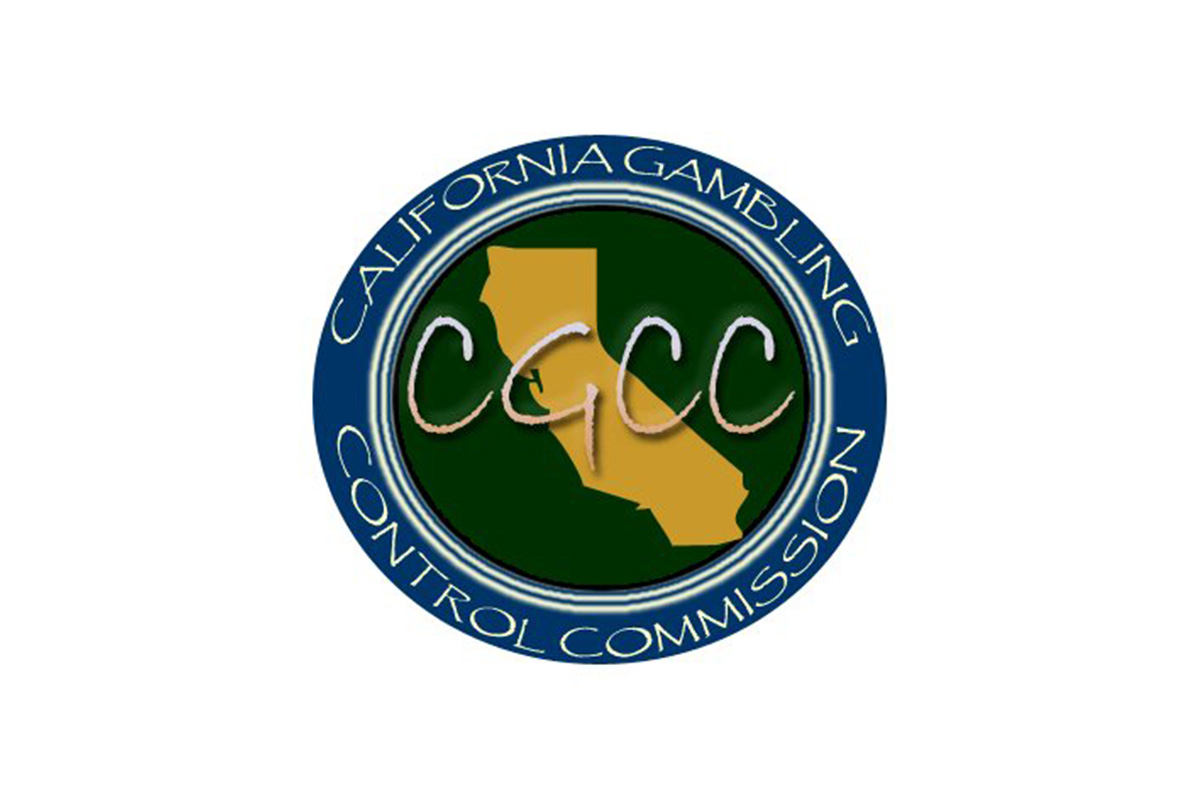
NIGC Announces Departure of Chairman E. Sequoyah Simermeyer
The National Indian Gaming Commission (NIGC) announced the resignation of E. Sequoyah Simermeyer, as the chairman of NIGC, effective Saturday, Feb. 24, 2024.
Simermeyer, confirmed by the U.S. Senate in November 2019, led the Agency through unprecedented challenges of a global pandemic. During this time, the Agency helped set the regulatory conditions for a multi-year, post-pandemic recovery, where Indian gaming gross revenues rose to a record $40.9B last year. Prior to his tenure as chairman, Simermeyer served with NIGC as associate commissioner and director of the Office of Self-Regulation since 2015.
Reflecting on his time at the Agency, Simermeyer said, “I’ve witnessed firsthand how tribes across the Indian gaming industry have pursued economic sustainability through gaming by relying on – and cultivating – the robust regulatory reputation for which Indian gaming is well known, and made better when supported by effective and efficient measures by Indian gaming’s regulators. I’m proud of the integral part this Agency has played in meeting the challenges of an evolving industry, and encouraged that NIGC’s strong cadre of professionals will continue to work hand-in-hand with gaming operations to ensure tribal gaming remains primarily for the benefit of its citizens as the Indian Gaming Regulatory Act (IGRA) mandated 35 years ago.”
From day one, Simermeyer established industry integrity, preparedness, outreach, and Agency accountability as strategic goals for the Agency, leading NIGC through a period of growth and expansion of programs and services available to gaming tribes.
Under Simermeyer’s leadership, the Agency took steps to grow its capacity to provide outreach, training and technical assistance to gaming tribes, notably formalizing its Environmental Public Health and Safely (EPHS) program to assist tribes with overall operational preparedness, and expanding the Agency’s ability to provide cybersecurity technical assistance as the industry faced emerging threats from cybercrimes, including NIGC’s first Chief Information Security Officer. His “3 for 35” campaign for workforce preparedness, aimed at building regulatory capacity to future-proof tribal gaming, was also an Agency signature outreach effort during his tenure.
NIGC’s efficient and effective approach to regulation was driven by its formalized, collaborative tribal consultation process, where over the past three years, the Agency published eight final rules to keep pace with changing regulatory conditions and industry best practices, while allowing tribes the maximum flexibility allowed under IGRA to pursue efficiencies intended to help operations grow and thrive. To further strengthen its compliance and oversight functions, the Agency also rolled out the “Report a Violation” tool on its website to allow for reporting suspected IGRA violations. NIGC also provided important clarity in the wake of industry-wide questions arising from emerging topics such as significant court decisions on sports betting, the impact of cannabis on licensing and the use of gaming revenue, and the independence of tribal gaming regulatory bodies.
Simermeyer also positioned the Agency as a lead collaborator with federal agencies and organizations similarly dedicated to the success of tribal gaming. NIGC’s annual multiagency Cybersecurity Symposium, Anti-Money Laundering/Banking Security Act (Title 31) regulatory training conference and ongoing partnership with the Department of Homeland Security’s Blue Campaign to prevent human trafficking, are all examples. He also led the Agency to pursue memoranda of understanding with federal agencies like the Federal Reserve Bank of Minneapolis, to promote a shared interest in researching the impacts of lending to tribes engaged in gaming and facilitating tribal access to capital.
Focusing on Agency operations, Simermeyer led the Agency through a multi-year IT security modernization plan to improve NIGC’s internal cybersecurity and resilience. Additionally, he transformed the Agency’s Criminal Justice Information System (CJIS) Audit program to better align with FBI requirements. As another step towards transparency and accountability, the Agency reimagined its fiscal annual report to better tell the story of its commitment to preserve and protect Indian gaming under IGRA, and the stories of the employees behind it. Perhaps most important, under Simermeyer’s leadership, the Agency achieved a 91% employee satisfaction rating on the 2023 Federal Employee Viewpoint Survey (FEVS), making the NIGC one of the best places to work in the federal government.
On transitioning to the next stage of his career, Simermeyer is grateful for his nearly nine years with the Agency. “My time with NIGC has been some of the most memorable and impactful years of my career. As a Native person, I’m truly blessed to have been surrounded by experts dedicated to protecting and preserving the valuable resource Indian gaming represents for our communities. I’m thankful for the advice and counsel of my fellow commissioners and NIGC staff, and the support and hard work of the nearly 5,000 tribal regulators who work alongside NIGC day-in and day-out to keep Indian gaming strong now, and for the next 35 years,” said Simermeyer.
Additional details regarding the transition will be forthcoming.











